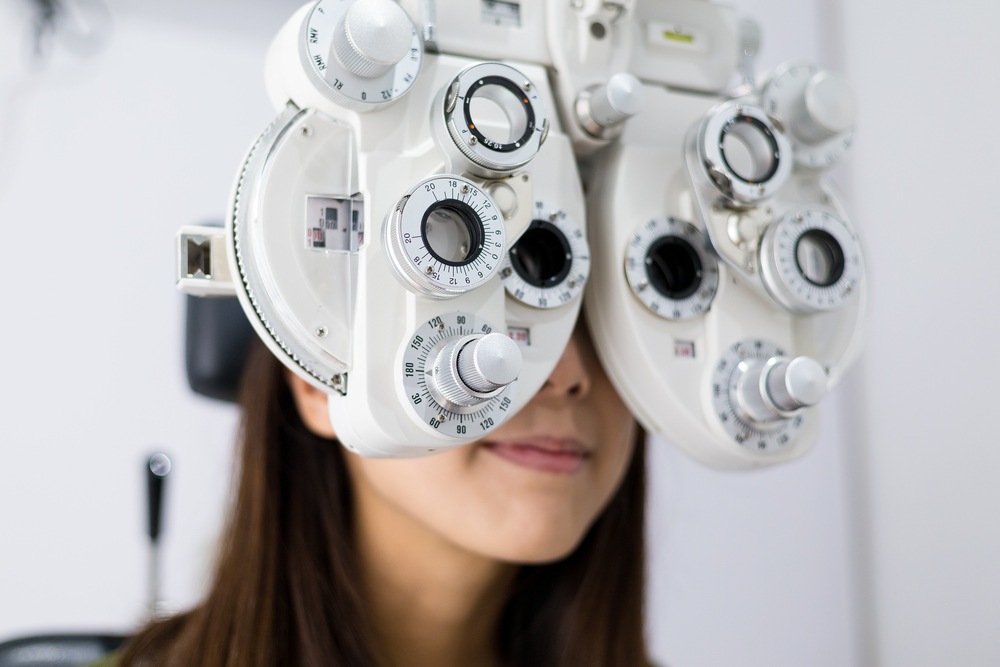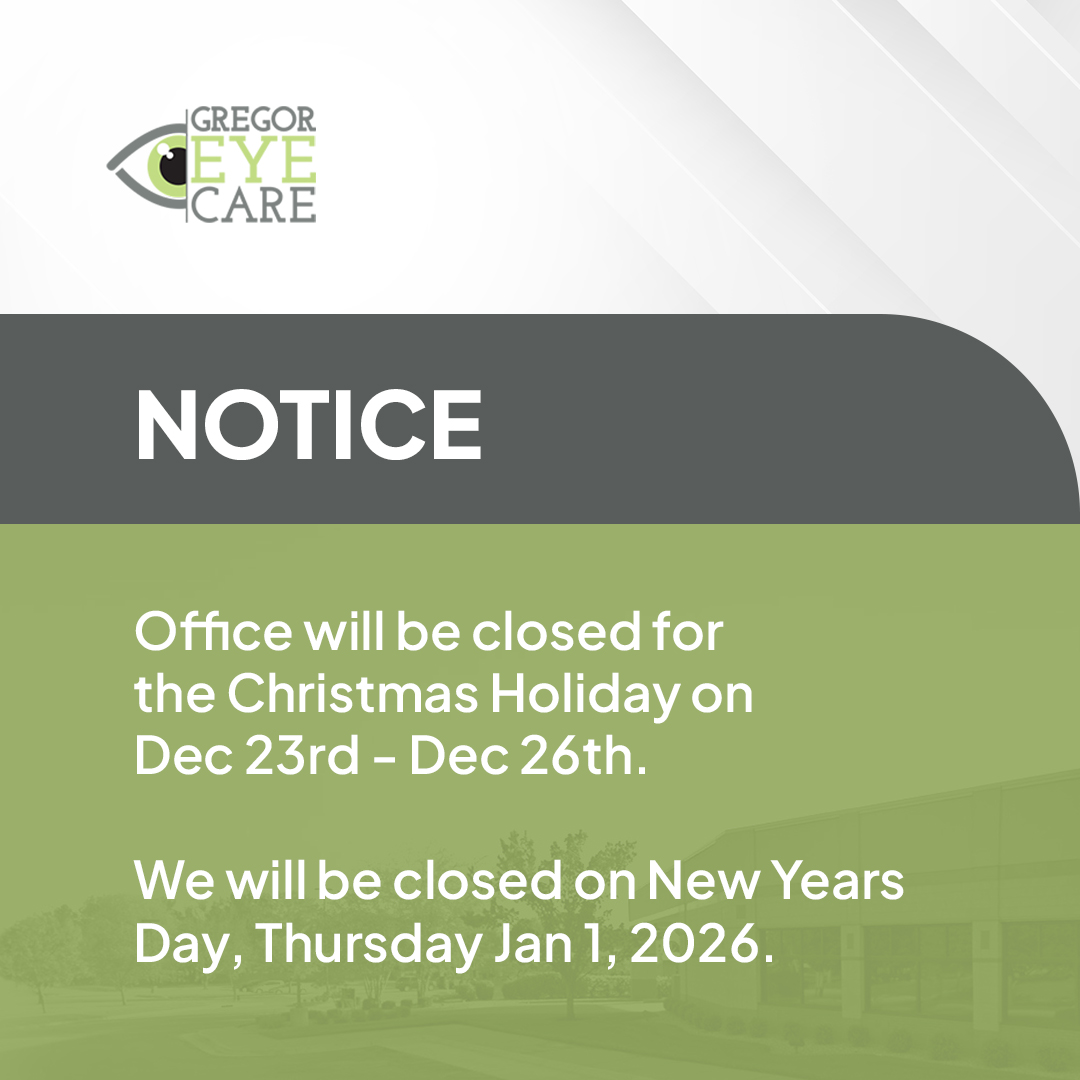
Very valuable but quite delicate, your eyes help connect you to the world. Unfortunately, most individuals pay less attention to their eye health, only visiting their eye specialists when they begin to experience vision problems.
However, comprehensive eye exams should be a critical part of your life. It should help you catch eye conditions that can affect your eye health and lead to vision loss. It also helps check if your general health is okay by detecting health conditions that can harm your general wellness.
Medical History Check
Expect your eye doctor to begin by asking about your medical history. They will do so to know if you have certain conditions like high blood pressure or diabetes that can affect your eye health. Your eye doctor will ask about your current medications to know if they affect your vision.
Visual Acuity Testing
A visual acuity test helps measure your ability to see things from a distance and close by. Your eye specialist will ask you to read a chart with letters. They will then determine whether you need corrective lenses based on your ability to read them.
External Eye Examination
Your eye doctor will examine your eyelids, scleral, conjunctiva, and cornea to look for abnormalities, signs of inflammation, or infection indicating a more severe issue.
Eye Movement Assessment
Your eye specialist will ask you to follow an object in motion with your eye to help them examine your eye motion. The test will help identify if you have muscle imbalances or issues affecting the movement of your eyes.
Eye Pressure Testing
The pressure inside your eye, known as intraocular pressure, can increase your chances of developing glaucoma. The condition is severe and can damage your optic nerve permanently. The optic nerve plays a significant role by transmitting visual information from your eye to the brain.
Your eye doctor will test your intraocular pressure during a comprehensive eye examination. They will do so with a unique device that touches your eye gently. The test is not painful and takes a short time to complete.
Pupil Dilation
Your eye doctor will use eye drops to dilate your pupils. Doing so will help them look at the internal structure of your eyes, like the optic nerve, retina, and blood vessels. Pupil dilation can take up to half an hour. You may experience temporal light sensitivity and blurred vision afterward.
Retina Examination
The retina is sensitive to light. A comprehensive eye examination must entail examining the retina. Your eye doctor uses a unique instrument called an ophthalmoscope. It will detect various eye diseases that can lead to vision loss.
Discussion of Results
Finally, your eye specialist will discuss the exam results. They will prescribe corrective lenses if they identify issues like astigmatism, nearsightedness, or farsightedness. They will suggest a specialist for further treatment and evaluation if they find signs of damage or disease.
For more about comprehensive eye exams, visit Gregor Eye Care at our office in Overland Park, Kansas. Call (913) 685-0212 to book an appointment today.









